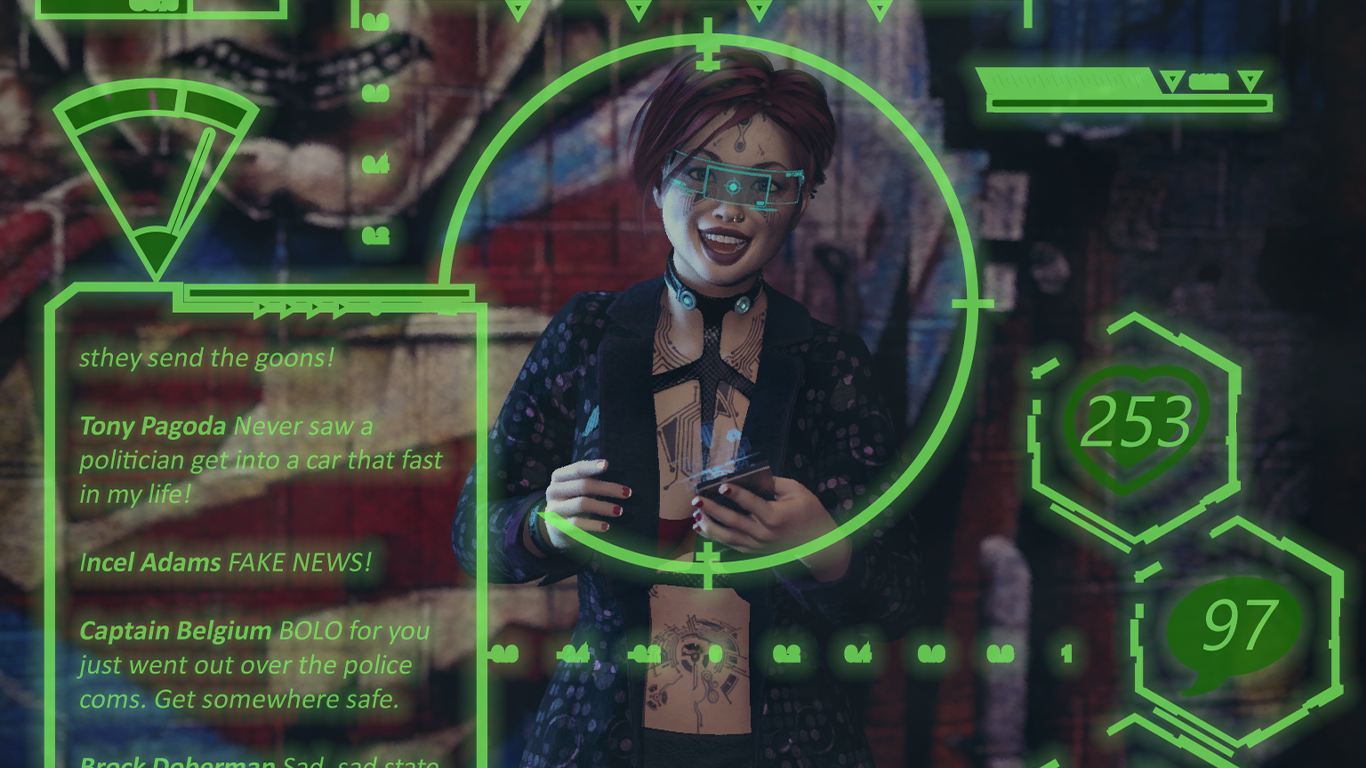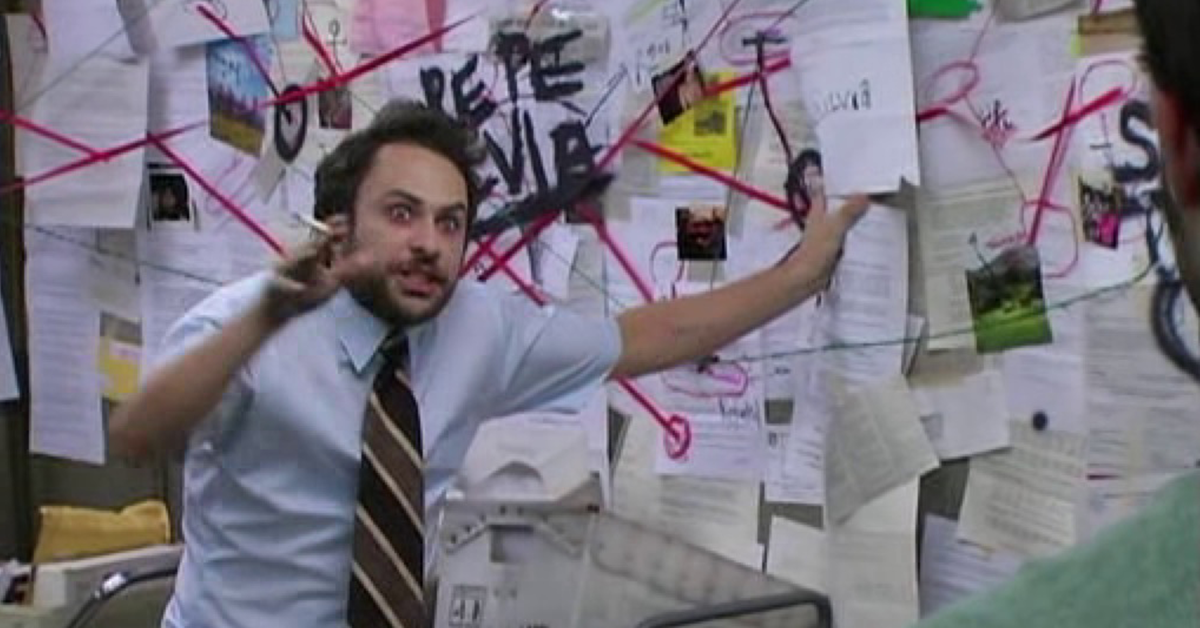We may earn money or products from the companies mentioned in this post.
So you’ve got this Thing I’m Working On, which means that sometime in the very near future you’re going to become a miserable bastard. It might not happen right away, but it’s going to happen. During those early stages when the theoretical project is just an idea, it’s lots of fun to think about and tell people about and make plans about. Thinking about an idea is exciting, mainly because you only have to think about the fun stuff. Those Books of Lore that are so often a sign of Idea Debt usually just contain the lore that the creator enjoys coming up with. If you want to turn the thing into an actual product, eventually you’ll have to do actual work, and work is unpleasant and difficult and not very much fun.
A lot of people will tell you that if you love what you’re doing, it doesn’t feel like work. These people are full of shit. Once you move from “talking about the idea to your friends” to “making the idea something you can share with complete strangers,” things get a lot more complicated, because you don’t get to just stop at the premise and whatever cool additions to that premise popped into your mind when you had the idea. Even a high-concept premise is going to take a lot of clarification before people who aren’t familiar with how your brain works are on the same page as you, and even the parts that are fun to explain are going to require a lot of sentences that do boring but structurally important things like making transitions or setting tone or defining terms.
One of the first things I discovered when I first started writing games was that explaining game rules requires a lot more text than I ever imagined. No matter how simple your dice mechanic seems or how easy it is to explain through demonstration, explaining it in writing to an invisible audience who can’t ask for clarification requires a ridiculous amount of text, even if you assume your audience is made up of gamers. What we usually think of as a single action often turns out to be half a dozen steps, each of which has to be clearly explained. You don’t just make your roll, you determine what ability governs the roll, then use that to figure out what dice to use or what modifiers to apply, then roll the dice, and there still may be other steps before you end up with your final roll, much less the outcome of that roll.
Oh, and remember all those cool ideas you have that build on the core premise and help better define the game? It’s not like you can just list them all out. You’re going to have to find some coherent way to organize them, which usually means you’re going to have to expand upon them or add some similar ideas to the mix. Some of this new material will be fun, but some of it will be less fun but necessary. You don’t get to write up three Hogwart’s houses and leave out the fourth because you don’t think Hufflepuffs are cool. After that, you’re going to realize that there are a bunch of other things the game needs to work, and some of them are going to be tedious as hell to write. Depending on the game, the boring but necessary stuff can include anything from rules to setting information to equipment or monster lists to GM information. And every one of those things is going to need sentences and paragraphs full of unsexy words that do the work of turning the text from a pile of random ideas to an actual product.
When a Thing I’m Working On becomes Work, procrastination gets a lot easier, and you’re once again in danger of leaving a big pile of abandoned Idea Debt sitting on your computer. Sometimes going back over or talking about the fun parts can inspire you to work your way through the parts that aren’t fun, but a lot of people get hung up on focusing on the fun stuff and never get around to putting in the work. I have a feeling that’s what the author who inspired this series of posts was talking about when she talked about Idea Debt. If you’re not willing to do the hard part, dwelling on all the fun ideas in your Book of Lore is taking time you could be using to work on an idea you enjoy enough to power through the dull but necessary parts.
Hunkering down and doing the work is an important step, but you’re not out of the woods yet. In fact, you’re not even in the woods. You’re in an amusement park, and you’re about to ride a roller coaster that doesn’t even take you into the D&D cartoon. From now until the project’s over, you’re going to alternate between loving it and hating it, thinking it’s brilliant and thinking it’s shit, and occasionally deciding that you should just give up and binge watch Fuller House. Eventually you’ll get to the point where you’ll experience all of those things at once. We’ll talk about that next week.




